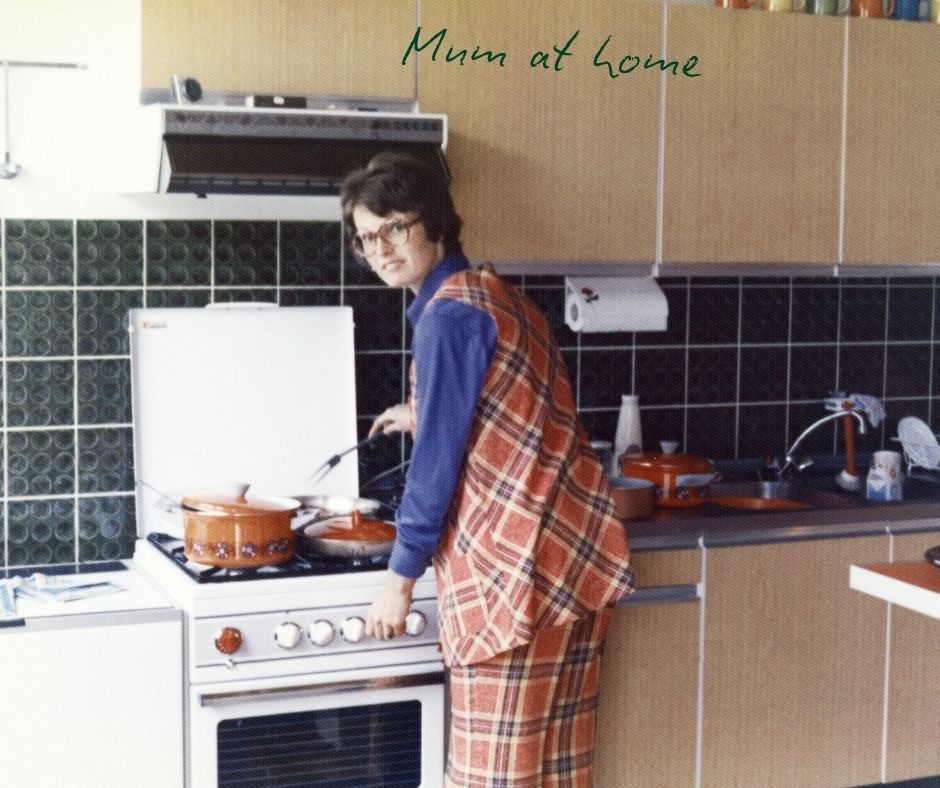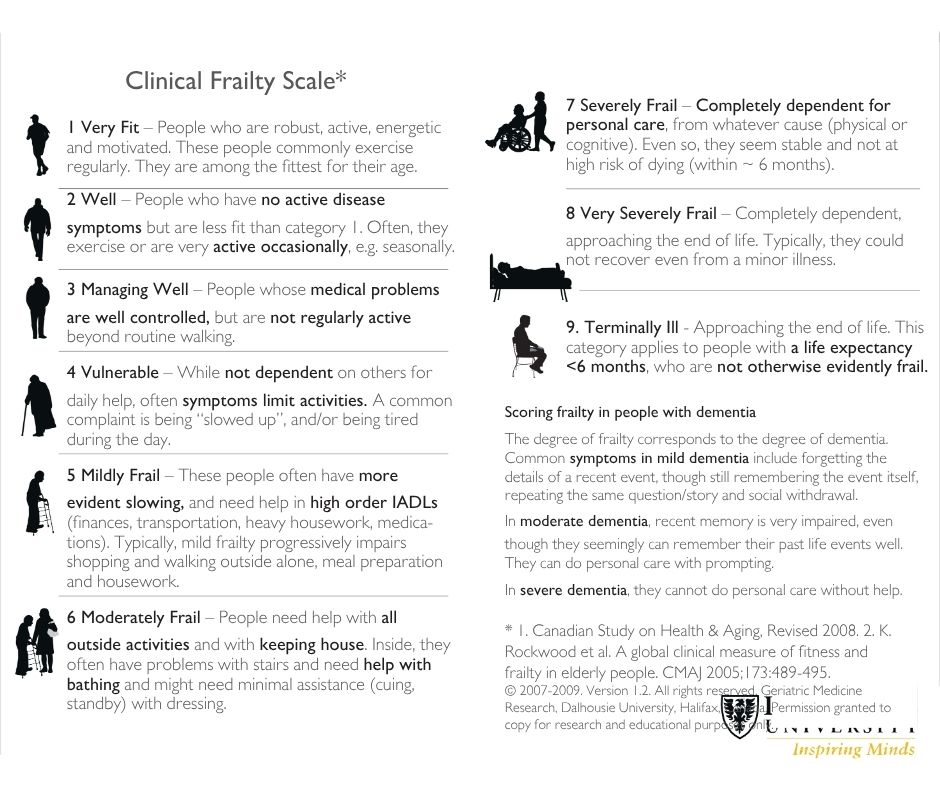Is my relative unwell? Understanding frailty as an illness

Understanding Illness in Older Adults Living with Frailty
At Hamilton George, we work closely with families who are concerned about their loved ones’ health and wellbeing. One of the most common - and most difficult - questions our care team hears is:
"Is Mum actually unwell... or is this just old age?"
When someone is living with frailty, illness doesn’t always show up in the ways we expect. A urinary tract infection might cause sudden confusion, rather than a temperature. A chest infection might present as a slight reduction in appetite or just “not being right.” These subtle changes often signal that something serious is brewing - and catching them early can make all the difference.
What Is Frailty - and Why Does It Matter?
Frailty is a recognised medical condition, not simply part of ageing. It describes reduced resilience and increased vulnerability to everyday stressors - such as infections, medication changes, dehydration, or even a missed meal. In someone living with frailty, the body struggles to bounce back - and small problems can quickly become big ones.
That’s why recognising early signs of illness is essential for keeping loved ones safe and well at home.
The word frailty, however, is not always well accepted by older adults or their families. It can feel like a label - even a judgement - rather than a helpful description. But for healthcare professionals, it’s a clinically useful term, supported by evidence and research, that helps guide appropriate care. The key is getting the balance right: using the term in a respectful, person-centred way, while recognising that it can open doors to better support and prevention.
The most important thing when frailty is recognised is to talk with a healthcare professional about whether anything can be done to halt or even reverse its progression.
Frailty is also often accompanied by cognitive changes or neurodegenerative conditions such as:
- Mild cognitive impairment
- Dementia
- Vascular dementia
- Parkinson’s disease
- Stroke
Understanding this connection is crucial when planning care, support, and future decision-making.
The Rockwood Clinical Frailty Scale
To help assess frailty, clinicians often use the Rockwood Clinical Frailty Scale - a simple 1–9 scale based on function, mobility, and health. It gives a numerical score that helps with care planning and tracking progression over time. This tool is widely used across health and social care and is backed by robust research.
For example, a score of 4 may indicate someone is slowing down but still managing independently, while a score of 7 reflects severe frailty with dependence on others for personal care.

Signs Your Relative May Be Unwell - Even If They Don’t Say So
Carers, family members, and companions are often the first to notice early indicators that something isn't quite right. These include:
- A sudden change in behaviour – e.g. withdrawn, confused, more sleepy
- Refusing food or drinks – particularly if this is out of character
- Mobility changes – unsteady on their feet, more reliant on support
- New incontinence or not making it to the toilet in time
- Increased breathlessness, even at rest
- Worsening confusion or forgetfulness
- Not taking medication properly
- New or worsening pain
It’s also worth noting that frail individuals often minimise symptoms, saying things like, “I’m fine, just tired,” even when something serious is going on. That’s why gut instinct - your sense that something’s not right - is so important.
What To Do If You’re Worried
Here are five simple steps we encourage families and carers to take:
- Observe closely – take note of changes in mood, appetite, movement, and communication
- Check basic observations – if you can, measure temperature, pulse, blood pressure, or oxygen levels
- Ask about pain, constipation or discomfort – these are common triggers of delirium
- Reach out for clinical support – don’t delay seeking help
- Trust your instinct – you know your relative best. If they’re not themselves, act on it
How Hamilton George Care Can Help
At Hamilton George, we work with families navigating the challenges of ageing and frailty every day. Through our expert team of carers and nurses, and access to clinical expertise when needed, we support families to stay one step ahead of problems - rather than reacting in crisis.
We also partner with Dr Kirsten Protherough, an experienced GP specialising in frailty, to provide families with:
- Virtual or in-person frailty health reviews
- Advice on recognising signs of illness
- Support navigating NHS or private medical care
- Ongoing education for carers and families
Get In Touch
If you’re noticing subtle changes in your relative - however small - it’s always worth exploring further. Illness in frailty often whispers before it shouts. And with the right support, many crises can be avoided altogether.
To speak with Hamilton George about how we can support your family, please get in touch on 0330 470 2866. Or you can email Guy directly at guy@hamiltongeorgecare.com
Or, if you would like to book a Virtual Frailty Health Review with Dr Kirsten Protherough to assess your parent’s health and independence - including a pre-assessment questionnaire, a 45-minute online consultation, and a personalised written report - please visit:
www.homevisithealthcare.co.uk or message Kirsten directly at kirsten.protherough@homevisithealthcare.co.uk
Together, we can help your loved one live well for longer - and bring peace of mind to the whole family.

